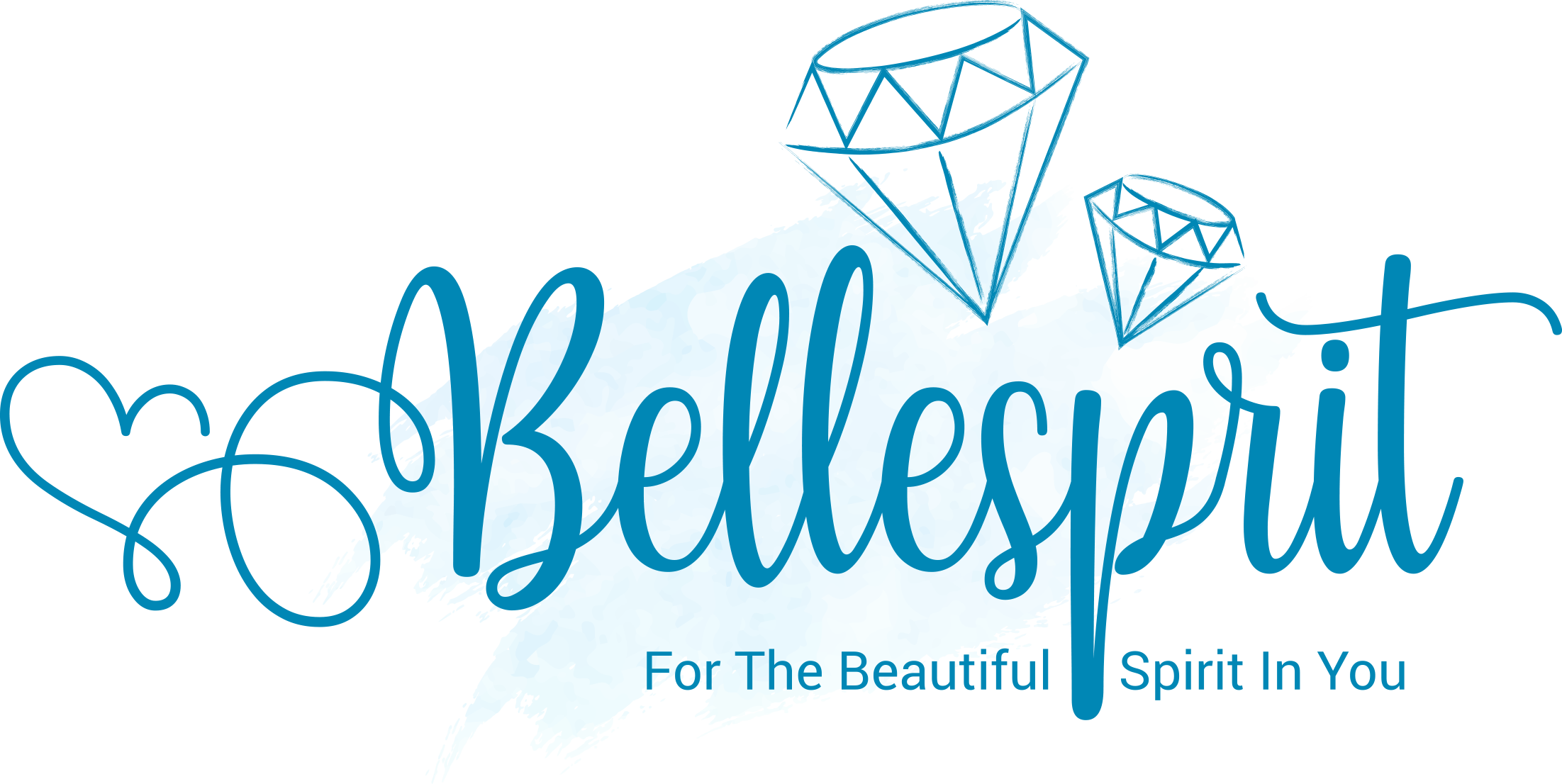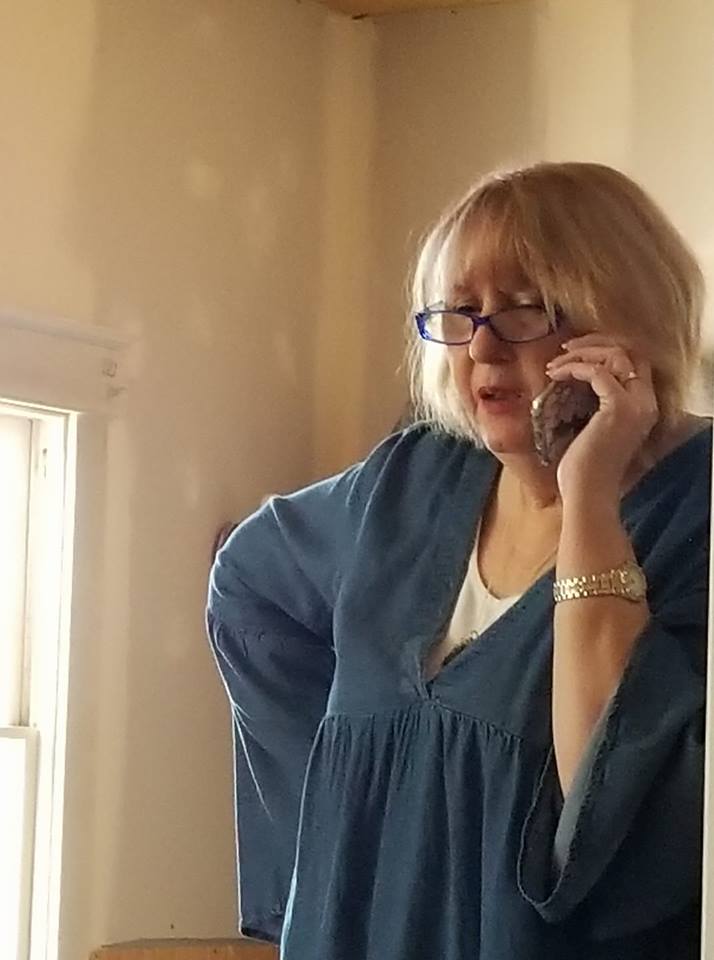I spend a great deal of time in the Imaginarium; the place in my mind where the lines between the worlds of ‘fantasy’ and ‘reality’ sometimes blur. Because I have been a professional in the mental health field for 3 decades, I can say that I know the difference between the two realms. I’m not referring to the symptoms of psychosis, but rather an immersion into a thought of “Oooohh, I wonder what it would be like to have this experience.” and then lay it out, step by step; making it a full sensory play of light and sound as I simultaneously witness myself moving through it. It also fuels my writing as I live it out and then describe it as vividly as possible so that readers can, if they so choose, join me for the ride. Many say that it is as if they are right there in it with me. That is the highest of compliments.
Using this method, I have brought into my life speaking gigs, writing opportunities (like this one), travel, workshop attendance, money, songs on the radio, new friends, re-unions with old friends, messages from loved ones who have passed, as well as dreams that sometimes unfold in my waking hours.
A few weeks ago, I mused about applying this concept when attracting a partner with whom to share our lives. What is the space between the fantasy of the person and the day to day reality of who they are? Take a moment to bring to mind someone from your past that you lusted after. See this person before you in all of their sparkling, dazzling, charismatic presence. You could feel Cupid drawing back his cute little bow and sending the arrow zinging into your waiting heart. What did it feel like emotionally? Did your heart leap? How did your body react? All tingly and energetically awesome? Was there an almost addictive quality to the feelings? According to Robert Weiss who is the Founding Director of The Sexual Recovery Institute, in an article in The Huffington Post called Unmasking the Neurobiology of Love: (posted 04/11/2013)
“Love Is a State of Mind”
Thanks to increasing insight into our own neurobiology, we now know unequivocally that love lives not in our hearts but in our brains. In fact, and somewhat amazingly, we even know where in the brain this exhilarating emotion resides. Essentially, when any part of the human brain is activated (by a thought, a movement, a drug, an external stimulus, etc.) we can track that activation with functional magnetic resonance imaging (fMRI) scans. (These scans measure, among other things, increased blood flow to activated regions of the brain.) Using this technology, monitoring and mapping things like sexual arousal and romantic love has become a relatively straightforward endeavor.
Unsurprisingly, a whole lot of scientists have decided to hop on this particular research bandwagon, producing uniformly similar results. In one study, researchers tracked the brain activity of ten women and five men who said they were “intensely in love” and had been for anywhere from one to seventeen months. The researchers monitored the brains of these individuals as they viewed photographs of their beloved, and photographs of a familiar but not beloved person. The results very clearly showed that:
- Intense romantic love is associated with activation of dopamine-releasing regions in the brain, such as the striatum, which is part of the brain’s “pleasure center.” Dopamine release is the neurochemical process that evokes within all of us strong feelings of enjoyment, satisfaction, contentment, and the like.
- Intense romantic love also activates regions of the brain associated with motivation to acquire a reward, primarily the insula, which “gives value” to all pleasurable, life-sustaining activities (thereby ensuring that we continue to engage in them).
Based on these findings, the research team concluded that romantic love is in essence a goal-oriented motivation state rather than a specific emotion. In other words, individuals who are “in love” feel strongly motivated to be with their beloved because being with that person causes a high level of emotional (read neurobiological) reward. So, basically, we want to be with the person we love because it feels good. No surprises there, but then scientific folks tend to like to prove things that the rest of us already know–so now we all know for certain that love exists, and that it can even be measured and analyzed. It’s a real thing.
It’s a real thing. You know it. I know it. Even if the person is no longer in your life, can you still feel as if he or she is right next to you, conjuring up the sensations of their touch, their words, and their scent? Our bodies, just like our minds, are repositories for sense memory. At 54, I can still recall snippets of previous partner interactions from back in my teens and twenties; even if just a few words uttered, the whispers of love proclaimed that still set butterflies dancing. Can you call that forth in this moment? Does a smile cross your face, lighting your eyes with twinkles? Now, take a step back a moment and go deeper into your experience. If more than a surface relationship developed with this person, how did it unfold? Did you live together; have a long term romance or perhaps marriage? If so, did the puzzle pieces of who you thought that person would be and what it would be like to have sustained interactions with him or her fit or were there some jagged edges? Did you attempt to shave off some of the loose ends or accept them as is?
Since a great deal of my work is in the relationships realm, I have heard people share; sometimes with frustration and other times with amusement, that the very things that drew them to their lover initially, drives them bonkers at times now. If someone was spontaneous in the beginning of the relationship, you may label it ‘impulsivity and irresponsibility’ now. If he or she was generous financially at the onset, you may view it as frivolous later on. If it was their creativity that beckoned you at first, you may see that they have a ‘starving artist’ mentality.
So, how do you wrap your mind around the dichotomy? When my parents were married 50 years and I was preparing a vow renewal ceremony for them, I asked my dad the secret to the longevity of their marriage. His very intelligent response was “Your mother is always right.” When I queried her, I wanted to know specifics, because they had each come from ‘different sides of the track’ (he from a financially impoverished Russian immigrant family and she from an American born fairly well off family; although not wealthy, they had the first television and car on the block). Her answer was “We loved each other,” and the only concession she insisted my father make was that he eat vegetables, since at the time, he was a meat and potatoes kind of guy, In his later years, my health conscious father became mostly vegetarian, making all kinds of fruit and veggie concoctions in his food processor/blender and having a cabinet full of supplements that I claimed after he died. Although most of what I witnessed in my parents’ relationship which ended physically when my father died in 2008 (my mother joined her sweetheart in 2010) was a role model for what I desire, I’m sure that it wasn’t always sunshine and roses and there were times when they felt anger and frustration. They made it look easy and as my cousin has told me “They set the bar really high for you.” I haven’t yet jumped over the bar, but am certainly willing.
Many of us create lists of the qualities we seek in a relationship partner. I’ve done it and chances are, you have too. I have such fun writing the words, imagining time with this person and what life will be like once we step onto each other’s stages. I visualize and then internalize the experience and I consider the metaphor about going into a restaurant and realizing ‘you don’t eat the menu, you eat the food.’ Words on a page are just words on a page and perhaps the complete ‘real-ationship’ fits into the space between fantasy and reality.


